Navigating the Sparkling World of Jewelry: A Guide to UK Spelling
Related Articles: Navigating the Sparkling World of Jewelry: A Guide to UK Spelling
Introduction
In this auspicious occasion, we are delighted to delve into the intriguing topic related to Navigating the Sparkling World of Jewelry: A Guide to UK Spelling. Let’s weave interesting information and offer fresh perspectives to the readers.
Table of Content
Navigating the Sparkling World of Jewelry: A Guide to UK Spelling
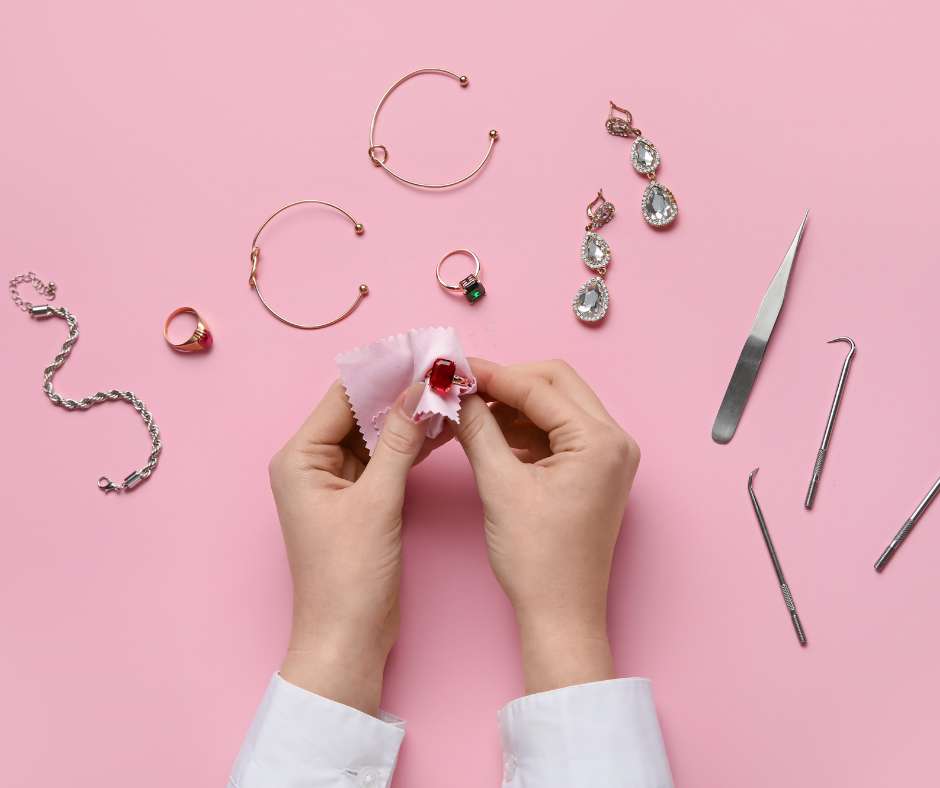
The world of jewelry is a captivating realm of shimmering stones, intricate designs, and stories woven into every piece. For those seeking to explore this world, understanding the nuances of UK spelling can enhance their experience. This guide delves into the intricacies of jewelry spelling in the UK, offering a comprehensive overview of the differences between American and British English.
Understanding the Differences
The variations in spelling between American and British English are a result of historical evolution and linguistic divergence. While both dialects share a common root, they have developed distinct conventions over time. These differences are particularly noticeable in the spelling of words derived from French, where British English often retains the original spelling.
Jewelry Spelling in the UK: A Detailed Exploration
When it comes to jewelry, the differences in spelling between American and British English are subtle but significant. Here are some key areas to consider:
1. The "or" and "our" Dilemma:
- American: Jewelry often uses the spelling "jewelry."
- British: Jewelry in the UK typically uses the spelling "jewellery."
This difference stems from the French origins of the word, where the original spelling was "joaillerie." British English retains the "our" ending, while American English simplifies it to "or."
2. The "re" and "er" Conundrum:
- American: Words like "center" and "meter" are common in American English.
- British: These words are spelled "centre" and "metre" in British English.
This difference applies to words related to jewelry, such as "gemstone" (American) and "gemstone" (British).
3. The "ize" and "ise" Debate:
- American: Words like "realize" and "organize" are common in American English.
- British: These words are spelled "realise" and "organise" in British English.
This variation affects words like "personalize" (American) and "personalise" (British) when referring to customized jewelry.
4. The "colour" and "color" Distinction:
- American: "Color" is the standard spelling in American English.
- British: "Colour" is the standard spelling in British English.
This difference applies to words like "coloured" (British) and "colored" (American) when describing the hues of gemstones or the finish of jewelry.
5. The "catalogue" and "catalog" Conundrum:
- American: "Catalog" is the standard spelling in American English.
- British: "Catalogue" is the standard spelling in British English.
This difference applies when referring to jewelry catalogs or online listings.
Beyond Spelling: The Importance of Context
While understanding the spelling differences is crucial, it’s equally important to consider the context. When engaging with jewelry-related content from the UK, it’s essential to remember that British English is the standard.
The Significance of Correct Spelling
Using the correct spelling conveys professionalism and attention to detail. It demonstrates a respect for the conventions of the language and enhances the overall credibility of the communication.
FAQs: Addressing Common Queries
Q: Is it incorrect to use American spelling when discussing jewelry in the UK?
A: While it’s not technically incorrect, using American spelling in a UK context can appear informal or even unprofessional. Sticking to British English conventions is generally recommended.
Q: What about online retailers based in the UK?
A: Most online retailers based in the UK will use British English spelling on their websites and marketing materials.
Q: How can I ensure I’m using the correct spelling?
A: Consult a reputable dictionary or style guide specifically for British English.
Tips for Navigating the UK Jewelry Landscape
- Research: Familiarize yourself with British English spelling conventions before engaging with UK-based jewelry retailers or content.
- Consult Dictionaries: Use dictionaries specifically designed for British English to confirm the correct spellings.
- Pay Attention to Context: Observe the spelling used by reputable UK-based jewelry brands and retailers.
- Seek Guidance: If unsure about the correct spelling, don’t hesitate to ask for clarification.
Conclusion: A World of Sparkling Words
Understanding the nuances of jewelry spelling in the UK is not just about adhering to grammatical rules. It’s about appreciating the rich history and unique character of the language. By embracing the differences and navigating the world of jewelry with confidence, individuals can unlock a deeper appreciation for this fascinating field.



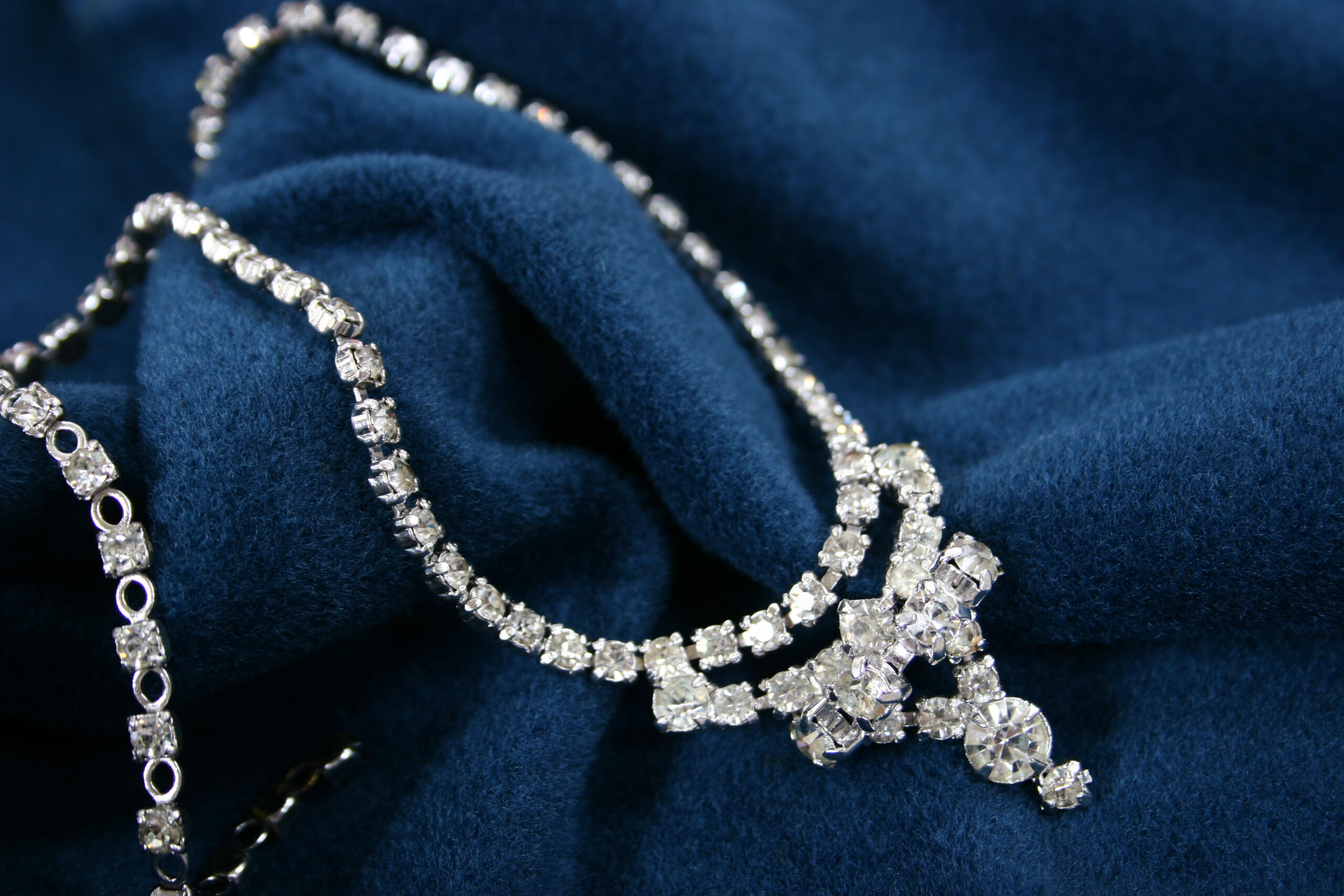
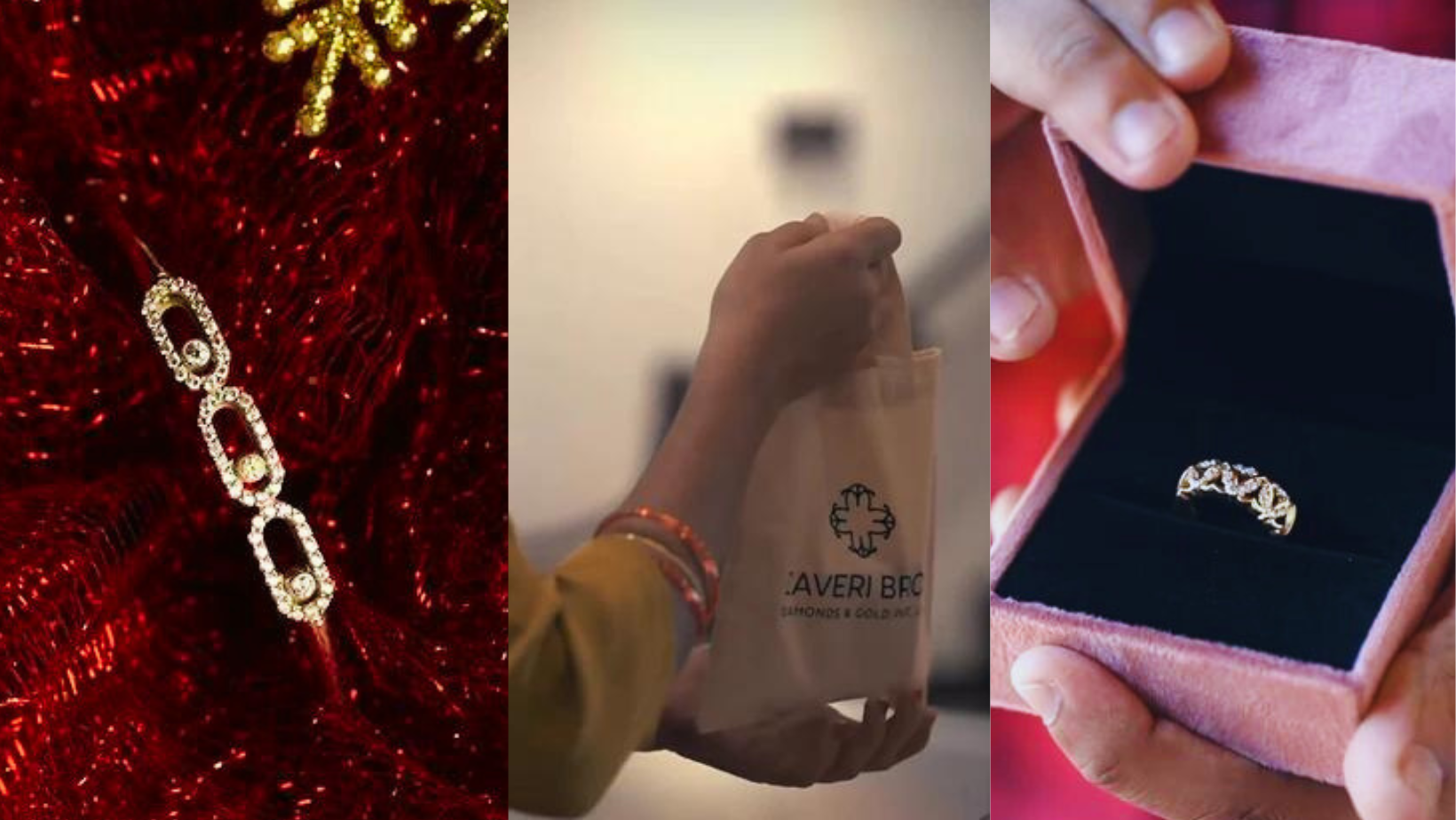
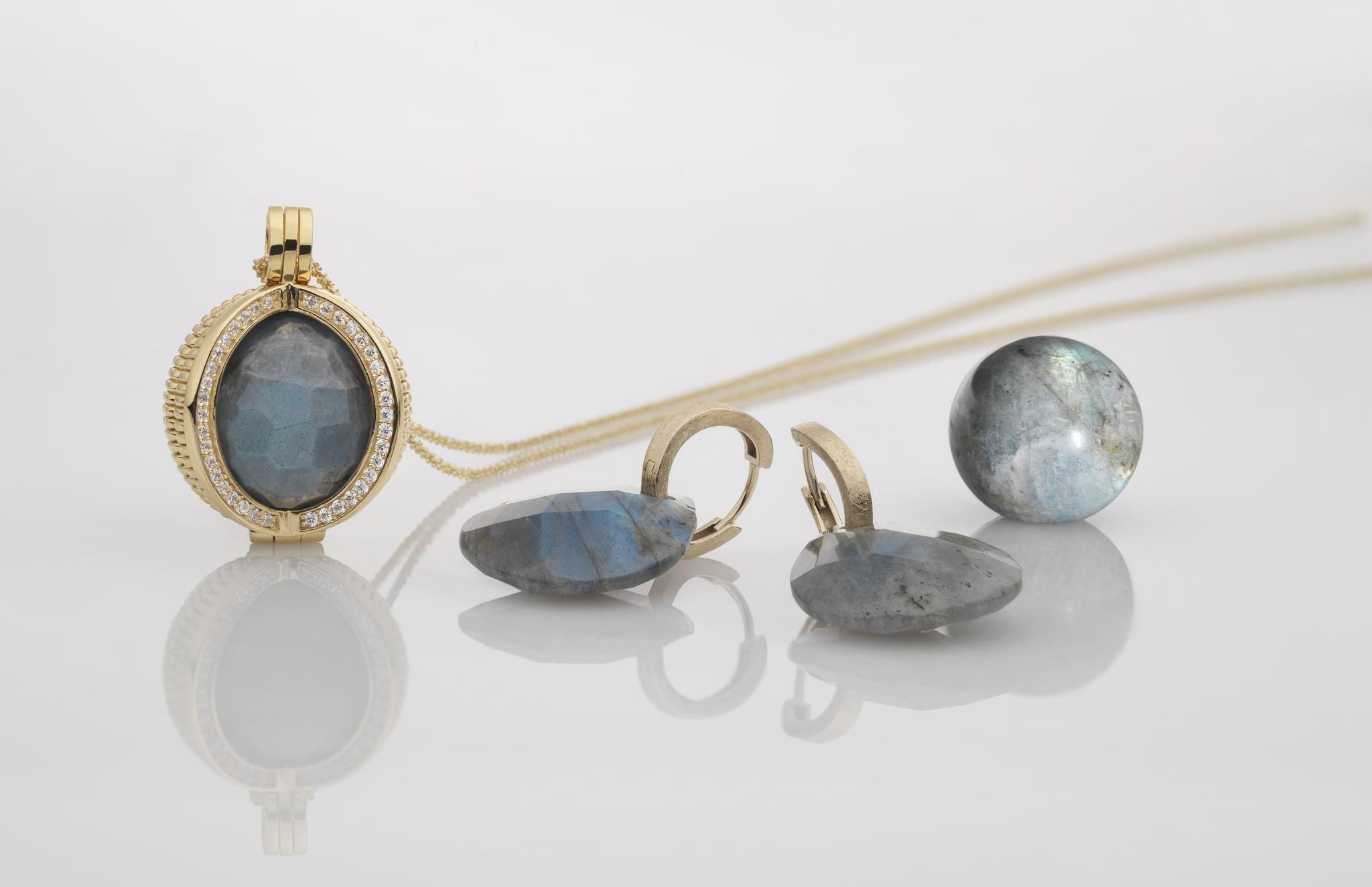
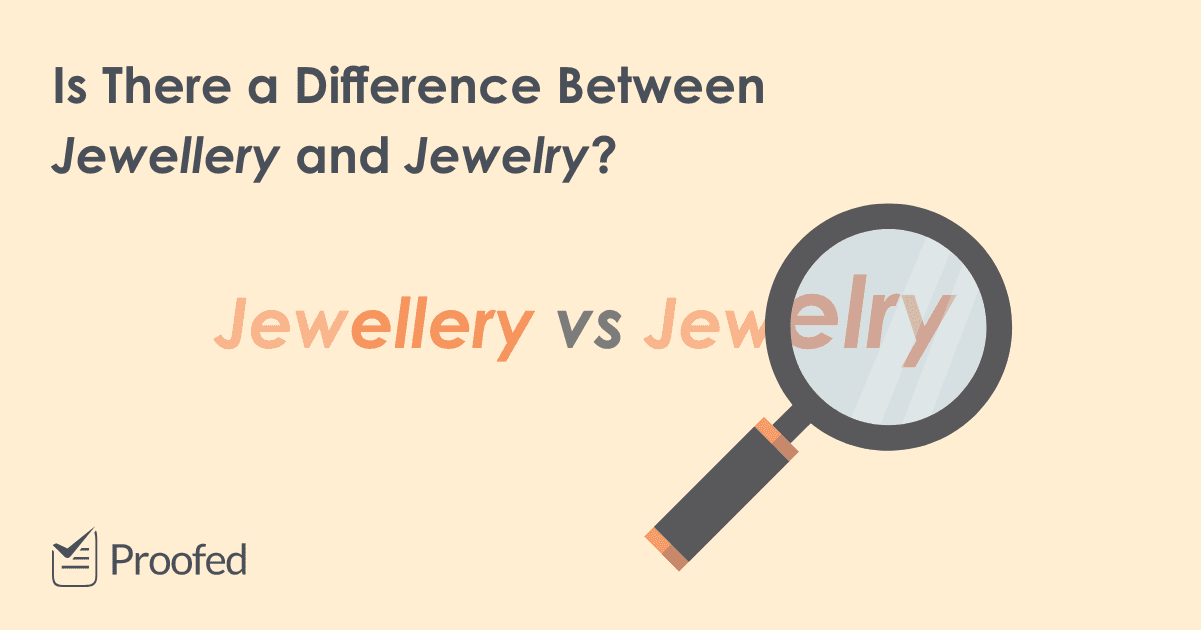

Closure
Thus, we hope this article has provided valuable insights into Navigating the Sparkling World of Jewelry: A Guide to UK Spelling. We hope you find this article informative and beneficial. See you in our next article!
